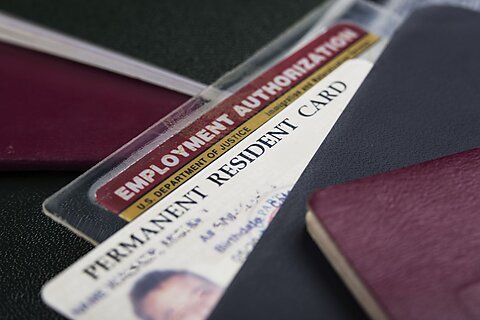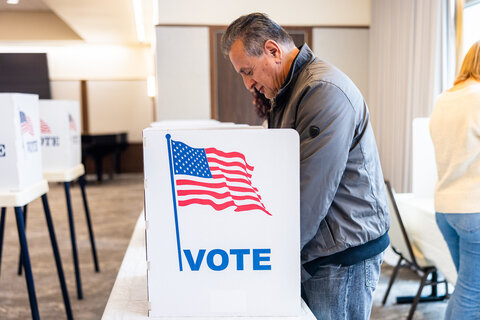Jeffrey A. Singer
Last month, Rep. Jasmine Crockett (D‑TX) introduced the Secure Testing Resources Instead of Prosecuting (STRIP) Act. The act would clarify the language in the Controlled Substances Act that defines federally prohibited drug paraphernalia to clarify that “fentanyl drug testing equipment, including fentanyl test strips,” are not illegal. This would undoubtedly be a helpful, if small, step in removing government obstacles to people wishing to provide harm reduction tools to help the people in their community who use drugs obtained on the black market.
Federal drug paraphernalia laws make it illegal to sell, transport through the mail, import, export, or transport across state lines federally defined drug paraphernalia. State paraphernalia laws prohibit simple possession and intrastate transfer of state‐defined drug paraphernalia.
As Sophia Heimowitz and I reported in our Cato policy analysis last year, drug paraphernalia laws undermine harm reduction efforts. In the late 1970s, the Drug Enforcement Administration encouraged states to enact these laws. Our study found that every state except Alaska passed them.
When Cato released our study, the great majority of states considered any equipment used to test illicit drugs, including fentanyl test strips, to be illegal drug paraphernalia. As state lawmakers have increasingly recognized that allowing people to test the drugs they obtain on the black market for the presence of fentanyl can be a true lifesaver, more states have amended their drug paraphernalia laws to legalize fentanyl test strips explicitly.
In our policy analysis, we argue for repealing all drug paraphernalia laws because they stand in the way of other proven harm reduction strategies, including syringe service programs (also called “needle exchange” programs) and overdose prevention centers. To their credit, lawmakers in Minnesota repealed the state’s drug paraphernalia laws last month. However, if full repeal is not politically feasible, the next best option is to amend the laws to remove as many obstacles to harm reduction as possible.
As I explained in testimony to members of the House Judiciary Subcommittee on Crime and Government Surveillance last March, the “iron law of prohibition”—the harder the law enforcement, the harder the drug—guarantees that doubling down on law enforcement of drug prohibition is not only futile, but it also promotes the cartels’ development of new and more potent drugs and drug combinations. I told the subcommittee that we are already seeing the iron law’s latest product, tranq (fentanyl infused with the veterinary tranquilizer xylazine), in growing numbers of overdose deaths, and I warned them that nitazenes might soon replace tranq.
Fortunately, the manufacturer of fentanyl test strips has now developed xylazine test strips. Alas, states that have amended their drug paraphernalia laws to permit fentanyl test strips must pass separate legislation allowing xylazine test strips. And when the next big drug takes the stage—maybe isotonitazene—lawmakers will need to introduce legislation legalizing nitazene test strips. As long as policymakers persist in prosecuting America’s longest war, the war on drugs, the iron law of prohibition guarantees there will always be a new and more potent drug to wage war against.
Here’s a suggestion to state lawmakers: if it is not politically feasible to repeal state drug paraphernalia laws, then at least make all drug testing equipment and devices legal. I have the same advice for Congress: change the wording of the STRIP Act from “fentanyl drug testing equipment, including fentanyl test strips” to simply state “drug testing equipment.”
While most barriers to harm reduction are caused by state‐level drug paraphernalia laws, Rep. Crockett’s STRIP Act sends a message from Washington to state lawmakers that it is okay to allow black‐market drug users to test for fentanyl. Congress can send state lawmakers an even stronger message by exempting any drug testing equipment from federal paraphernalia laws or, better yet, by repealing federal drug paraphernalia laws altogether.























